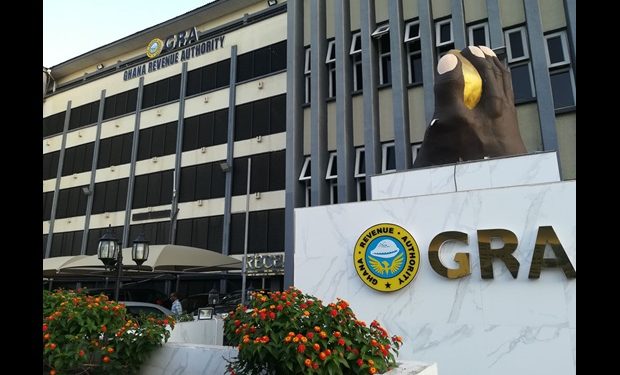 The Ghana Revenue Authority (GRA) has announced that it will begin implementing the GH¢1 fuel levy from 16 July 2025. This was revealed in a press release issued yesterday, July 1, 2025.
The Ghana Revenue Authority (GRA) has announced that it will begin implementing the GH¢1 fuel levy from 16 July 2025. This was revealed in a press release issued yesterday, July 1, 2025.
The announcement, follows a 2.45% increase in electricity tariffs by the Public Utilities Regulatory Commission (PURC), which also took effect yesterday, Tuesday, 1 July 2025.
This development means that Ghanaians are effectively being made to pay twice to sustain the operations of a power sector that continues to grapple with inefficiency and blatant mismanagement.
A statement signed by the GRA Commissioner-General, Anthony Kwasi Sarpong, read:
“Reference is made to our previous communication dated 13th June 2025, which announced the postponement of the implementation of the Energy Sector Levies (Amendment) Act, 2025 (Act 1141).
This decision was made in consultation with the Ministry of Finance and the Ministry of Energy to facilitate comprehensive monitoring of global market conditions and to safeguard recent gains in domestic pump prices.
We are pleased to inform you that, following a thorough review of prevailing market indicators and in line with the government’s commitment to ensuring stable economic conditions, the implementation of the Energy Sector Levies (Amendment) Act, 2025 (Act 1141), will now commence, effective 16th July 2025.”
The government initially faced intense public backlash when the levy was first introduced. Though authorities explained that the revenue would be used to settle debts owed to Independent Power Producers (IPPs) in order to prevent a return to widespread power outages commonly referred to as ‘dumsor’, many stakeholders criticised the tax.
The Minority in Parliament accused the government of deceiving the public by abolishing the electronic levy (E-Levy) only to introduce what they dubbed the ‘D-levy’, a reference to the ‘dumsor’ levy.
As a result, the government’s decision to suspend the tax at the time was broadly welcomed.
However, with this latest announcement, fuel consumers will now bear the cost, despite the government’s assurances that the move will not result in an increase in pump prices.





















